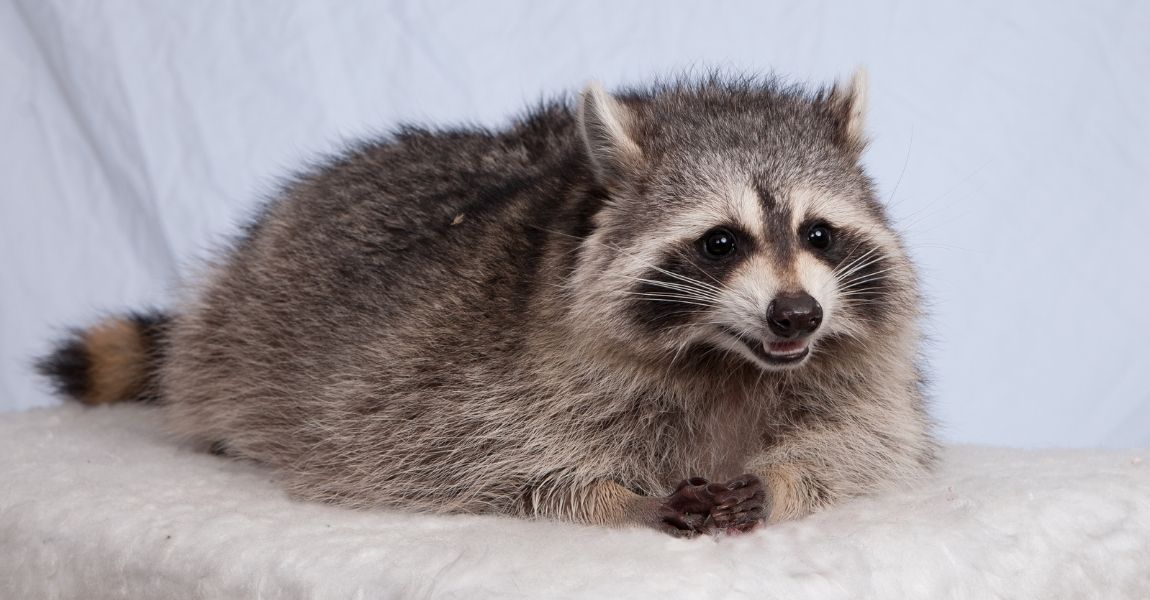Introduction:
Raccoons, with their adorable masked faces and mischievous nature, have intrigued many animal lovers as potential pets. While raccoons can make fascinating companions, it's important to note that owning them as pets is regulated and restricted in many places. Nevertheless, let's delve into ten fun facts about raccoons as pets.
1. Social Butterflies:
Raccoons are highly social animals and enjoy the company of others, including humans and fellow raccoons. They form strong bonds and thrive on interaction and mental stimulation, making them engaging pets.
2. Clever Problem Solvers:br>
Renowned for their intelligence, raccoons possess sharp problem-solving skills. They can unlock simple latches, solve puzzles, and even remember complex tasks. This cleverness can make for entertaining playtime and training sessions.
3. Unique Personalities:
Just like cats and dogs, raccoons exhibit distinct personalities. Some are curious and outgoing, while others may be more reserved. Getting to know your raccoon's individual quirks and preferences can make your bond even stronger.
4. Mischievous Playfulness:
Raccoons are notorious for their mischievous and playful nature. They enjoy exploring their surroundings, investigating objects, and engaging in playful antics. Be prepared for a pet that keeps you on your toes!
5. Natural Clean Freaks:
Contrary to popular belief, raccoons are clean animals. They have a habit of washing their food in water before eating, resembling a miniature washing machine. This fastidious behavior contributes to their charming and hygienic nature.
6. Excellent Climbers:
Raccoons are exceptional climbers and are equipped with dexterous paws that enable them to scale trees and structures effortlessly. Ensuring a suitable environment with climbing opportunities can satisfy their natural instincts and keep them active.
7. Food Lovers:
Raccoons have a diverse diet, consisting of both plant-based and animal-based foods. As pets, they require a well-balanced diet that includes fruits, vegetables, protein sources, and commercially available raccoon food. Be cautious, as their love for food can lead to overeating and obesity.
8. Nocturnal Lifestyle:
Raccoons are primarily nocturnal animals, meaning they are most active during the night. This can be an adjustment for potential owners, as raccoons may exhibit increased activity and playfulness during nighttime hours.
9. Vocal Communicators:
Raccoons communicate through a range of vocalizations, including purring, chattering, growling, and hissing. Learning to interpret these sounds can help you understand your pet's needs, emotions, and even build a deeper bond with them.
10. Lifespan and Commitment:
Raccoons have a relatively long lifespan for a small pet, typically living up to 15 years in captivity. Owning a raccoon requires a significant commitment of time, resources, and space to ensure their well-being and happiness.

Conclusion:
While the idea of having a raccoon as a pet may seem appealing, it's crucial to recognize that they have specific needs and are not suitable for everyone. Before considering a raccoon as a pet, thoroughly research local regulations and consult with experts in raccoon care. Understanding their unique traits and requirements can help you make an informed decision and ensure a fulfilling experience if owning a raccoon is a viable option for you.





